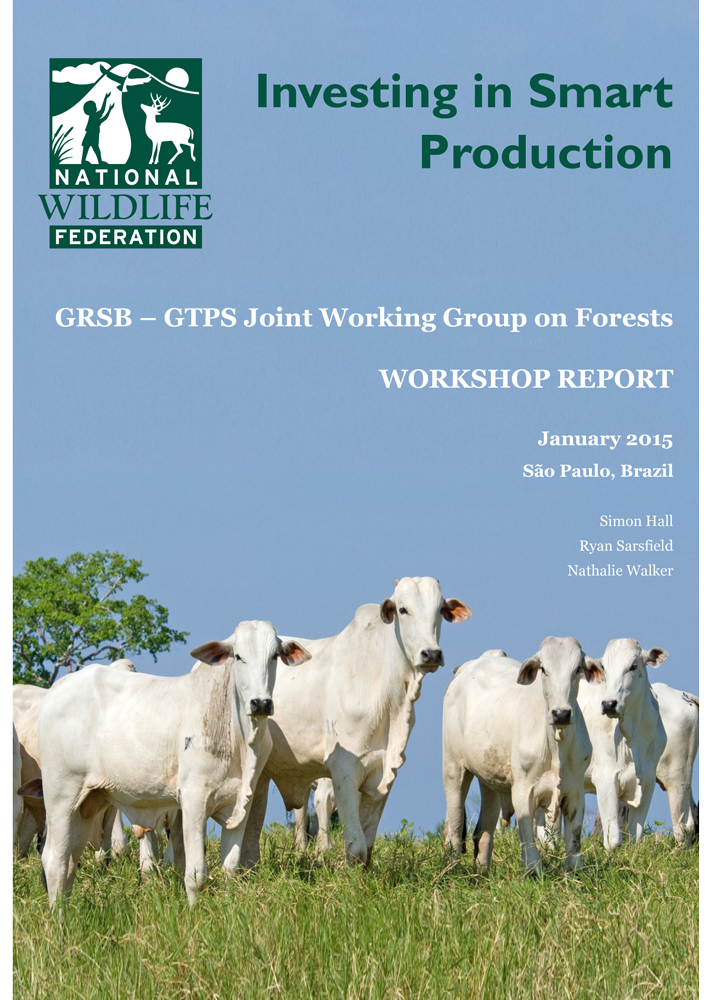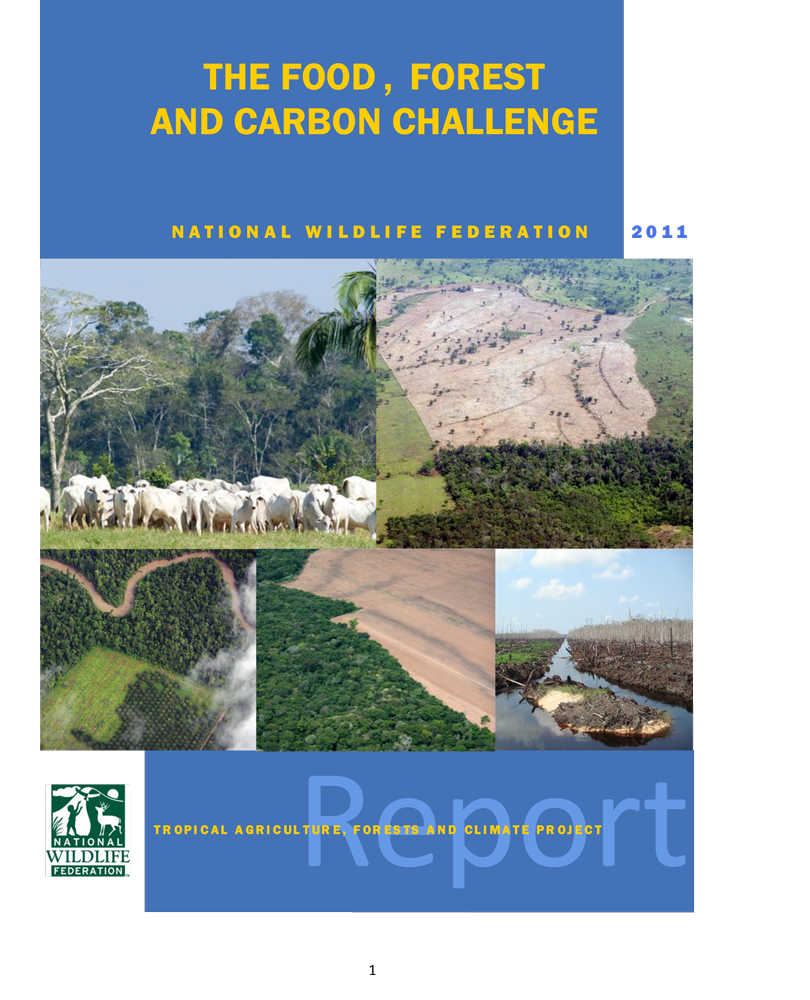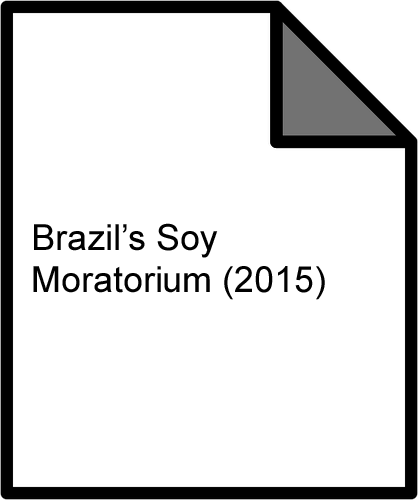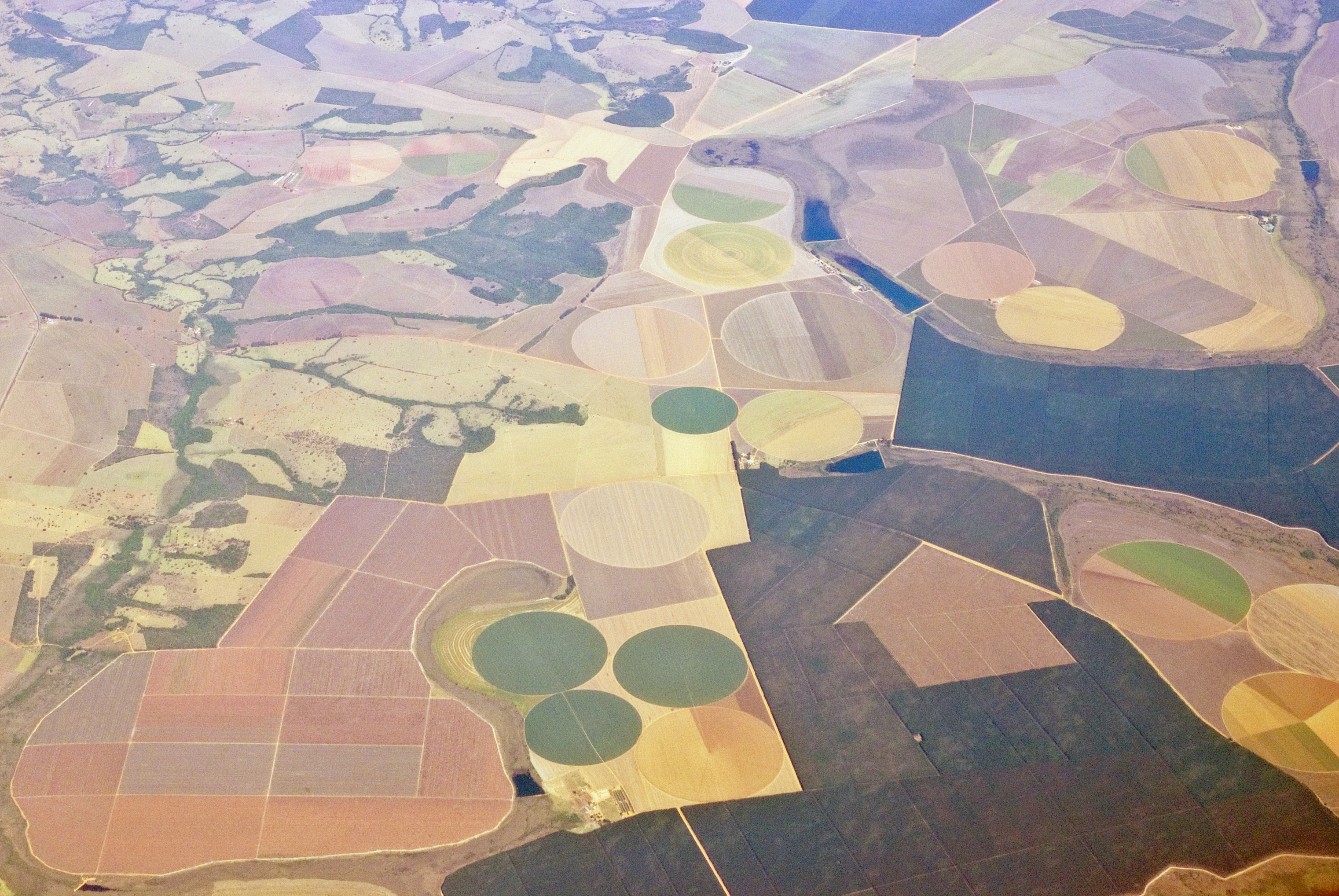The expansion of palm oil plantations is a leading driver of deforestation and habitat loss in Southeast Asia, and increasingly in Latin America and Africa. In Indonesia and Malaysia, which collectively account for around 90% of global production, over 55 percent of plantation expansion has come at the expense of tropical forests.
As the world’s most heavily traded and consumed vegetable oil, demand for palm oil is expected to continue growing, further increasing pressures on forests. NWF works to enhance the capacity of voluntary standards and certification systems to reduce deforestation throughout Southeast Asia and Latin America.
The Issue
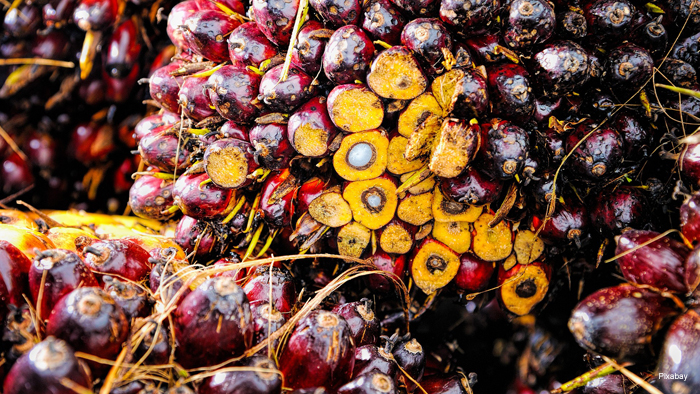
What We Do
Relevant Publications
- Date
- 01/01/2015
This report focuses on financial incentives and investment opportunities to support best management practices, moderate intensification and deforestation-free production. Read it now: Investing in Smart Production, […]- Date
- 12/01/2011
This report explores several directions for policymakers, private companies and multi-stakeholder “commodity roundtables” that if implemented today, would help the world address climate and food challenges […]- Date
- 01/22/2015
This paper shows that the Soy Moratorium has dramatically reduced the amount of deforestation linked to soy production in the Brazilian Amazon, protecting valuable rainforest and […]- Date
- 09/28/2014
This paper shows that more systematic evaluation could boost the effectiveness of instruments and enhance synergistic interaction with traditional public land-use policy instruments to achieve incremental […]
Join now: wildlife needs your help!
Sign up to receive information on the simple actions you can take, along with tips and tools you can use, to demonstrate to global companies that you care about wildlife.

